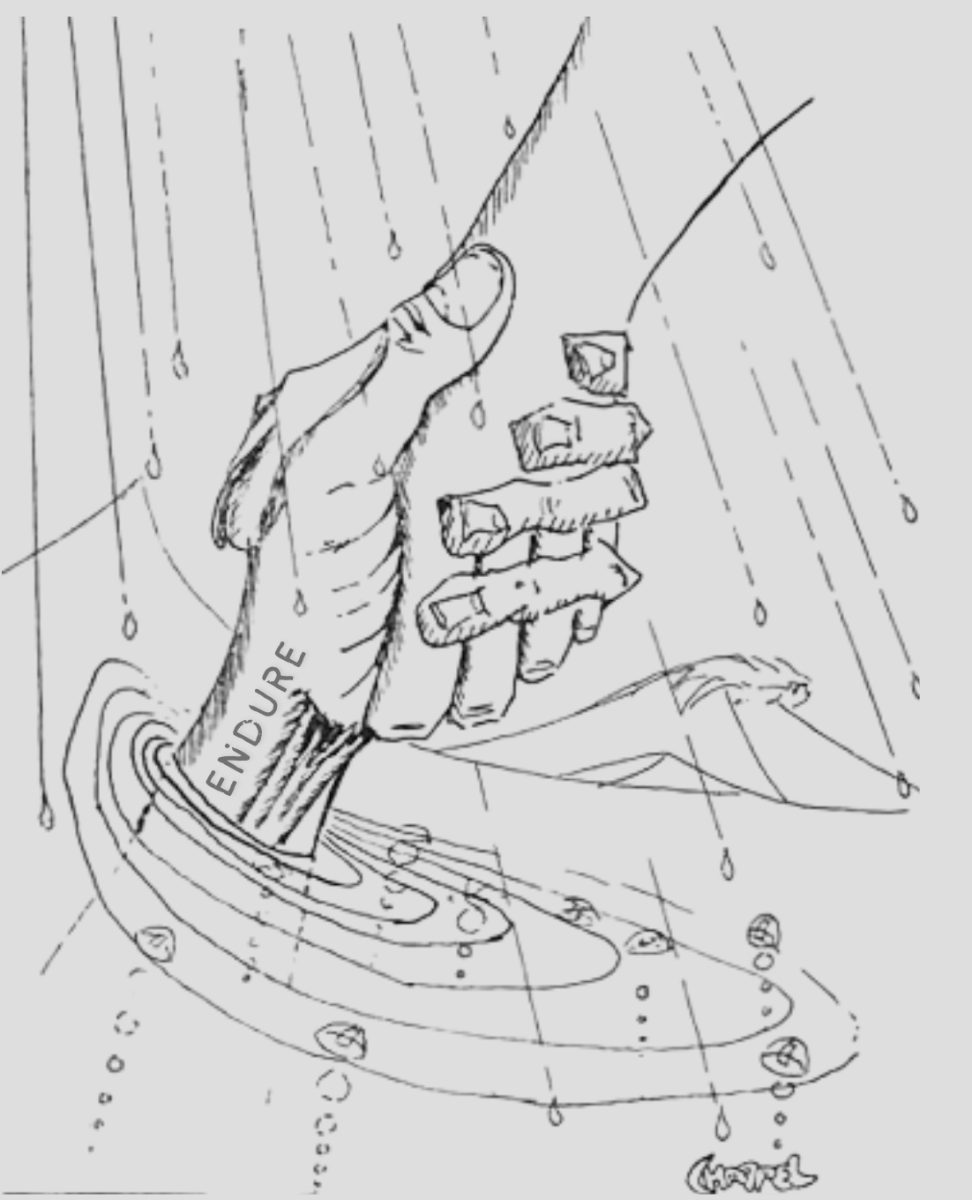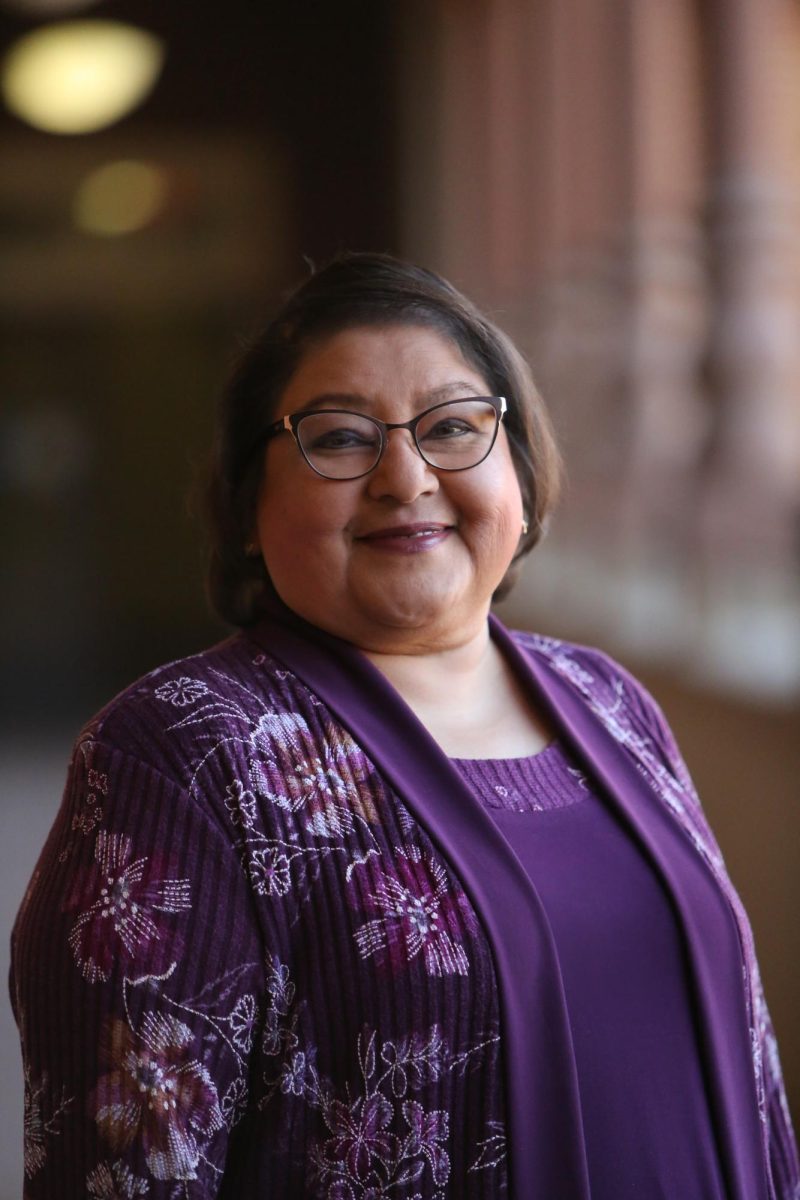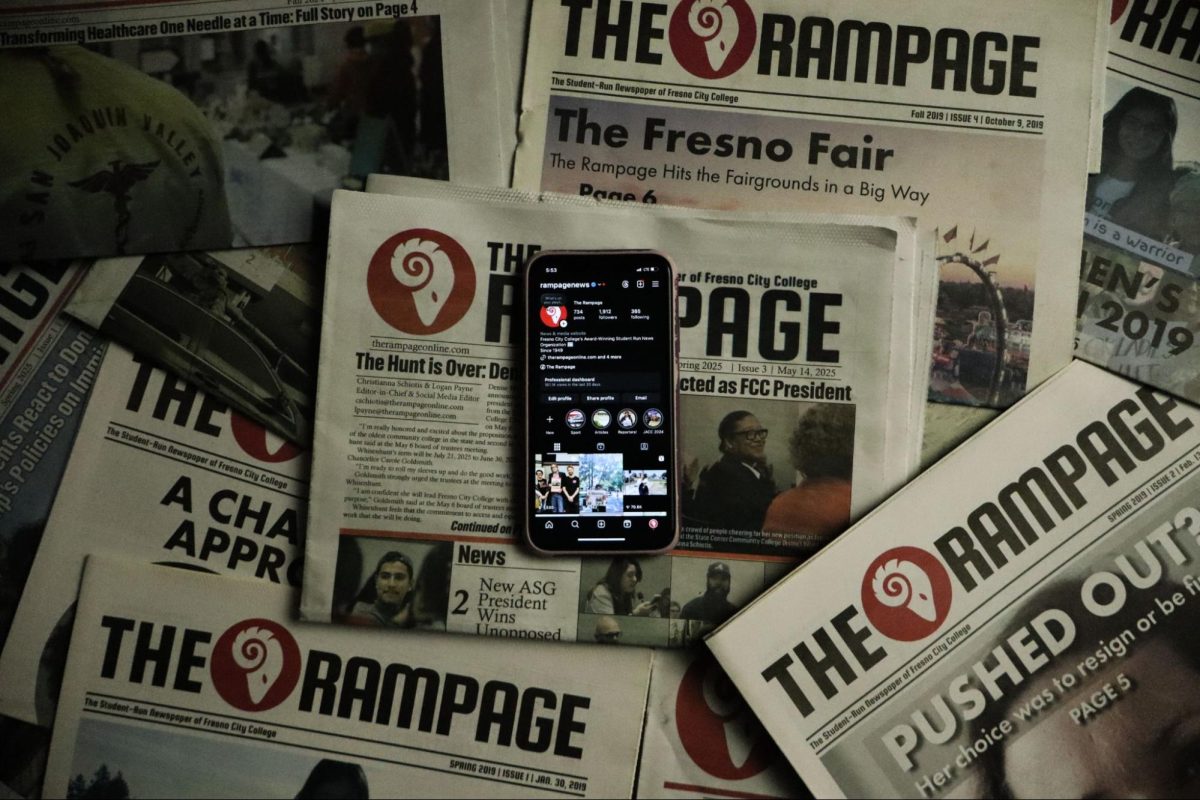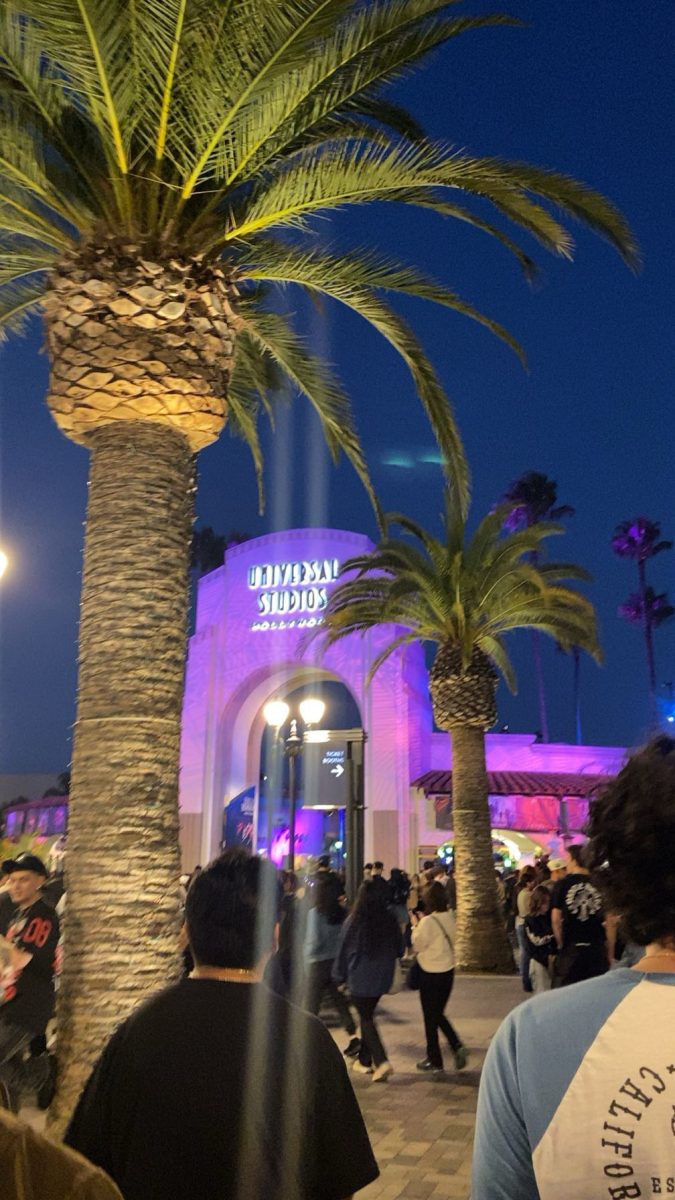We tend to look at social change in a historical context, as something of the past that lies nostalgic in the fading footprints of our predecessors who marched on Washington, Montgomery and against the mountains of injustice that lay before them.
And as Million Man marches gave way to apathy, and civil rights and social justice became relegated more to drum circles than than the steps of the Lincoln Memorial, the question became: how long can we ignore the American promise of true equality?
On Nov. 6, 2012, we may have very well gotten our answer. In a rare moment of American history, the rights of the minority were defended at the ballot box, instead of in front of the Supreme Court Nine. Washington, Maryland and Maine became the first states to legalize same-sex marriage through popular vote.
Make no mistake about it, this was a revolution. It may have been quiet, and its victories may have only been relegated to a 30 second spot on the 24 hour news shows on election night, but in one of the rarest of moments in American history, the majority constituted change instead of it being enforced upon them.
This simple fact may be swept under the rug in the grand scheme of history. After all, same-sex marriage is already legal in a number of states, and the margin of victory for the ballot measures was small. But, it is these very victories that lead to an America of equality; an America where the children of the next generation will look back to ours and wonder in bewilderment — why such a basic human right was violated for so long in a society that touted itself to be so great, in the same way that we now look back to just 40 years ago and wonder how our parents’ society could have been so wrong for so long.
As young as most of us are, no one could have imagined the events transpiring today when we were kids. Same-sex marriage was a radical ideal, even for social liberals. Today, the case for equality is slowly becoming the voice of the majority.
This is not the time to look back; it is the time to look forward at the work we have yet to do.
Eighty percent of states still do not recognize equality in marriage, and even our home state California remains deadlocked in perpetual uncertainty regarding the legality of same-sex couples’ ability to marry. Much like the rights of African-Americans in the 1960s and 1970s, this will be a slow and hard-fought battle, but we change the world around us, state by state.
This is our revolution!
Intolerance is not a partisan trait or a family value, just as equal rights is not a gay issue; it is a plea to rectify the very fabric of our society and hold true to the undeniable, unalienable and incontestable self-evidence of the words, “all men are created equal.” To disenfranchise one is to imprison the whole in self-perpetuating hypocrisy.
The decision is ours now. The world of our parents is becoming history, and we will soon step forward to take their places. But one thing is certain — change is inevitable. There is no going back now. Each and every one of us has a choice to make: are we going to take responsibility for our democracy and be on the side of change, equality, and logic, or are we going to step back and watch the revolution from the sidelines?
Many things may have stayed the same that Tuesday night. We still have the same president, the senate is still controlled by the Democrats, and the house is still controlled by the Republicans. But make no mistake about it, our world changed that night. The cause for equality which was once relegated only to endless litigation, now has taken its first steps into true democratic acceptance.
History has shown that once the stream of progress breaks free, the dam of injustice will break too. Just as there was no going back for the civil rights movement as soon as Rosa Parks refused to give up her seat, there is no going back to inequality after millions of people took a stand for equality for gay Americans. The time for social change is not a chapter in the history books; it is now, and it is our time to fight for it.










